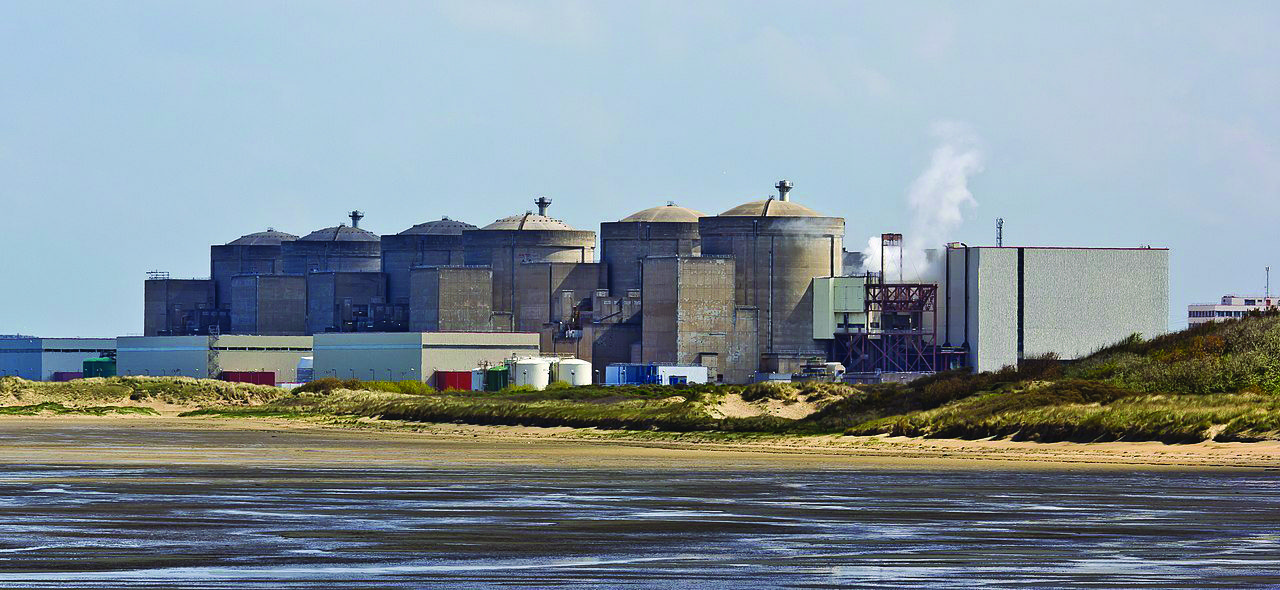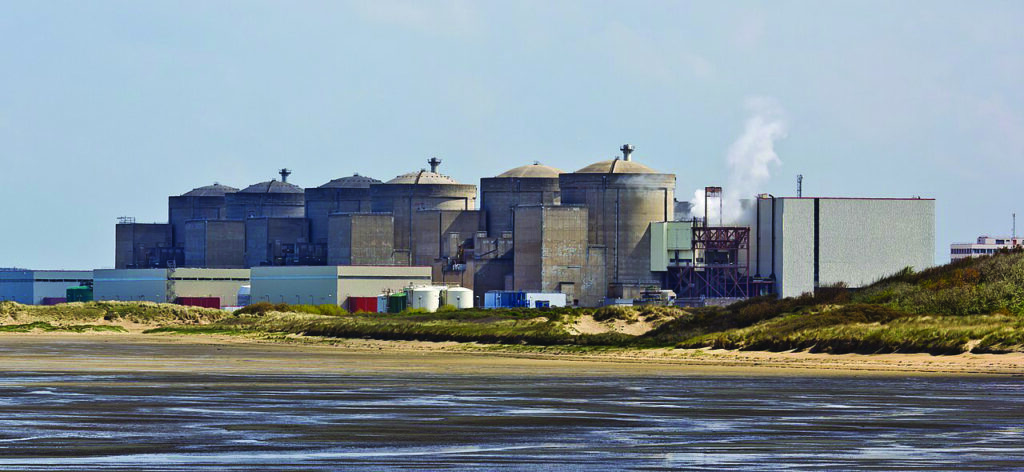European Energy Crisis Prompts Utility Takeovers in Germany, France
Credit to Author: Sonal Patel| Date: Tue, 01 Nov 2022 04:10:00 +0000

With winter fast approaching, and the dreaded effects of extreme natural gas price levels and volatility looming, together with unprecedented uncertainty of fuel supply, governments in Germany and France have been prompted to take extreme state interventionist measures to ensure their countries’ biggest utilities will stay afloat.
On Sept. 30, the German government announced it would nationalize Uniper, its giant utility that owns roughly 33 GW of generating capacity—roughly equal to the Netherlands’ total capacity—and a gas portfolio amounting roughly to 400 TWh (enough to heat 22 million German homes). Germany’s federal government said the energy company, which supplies 200 municipal utilities around the country “is of decisive significance for Germany’s gas and electricity supply.” As the largest importer of Russian gas, “the company finds itself in an acute emergency as a result of the lack of gas deliveries from Russia and a sharp increase in gas prices,” it said.
France on Oct. 4, meanwhile, initiated a process to take full ownership of EDF, a giant energy company in which it already held 84%, intending to lower the group’s financing costs through full nationalization. The company has come under pressure from the French government to restart its nuclear output. More than half of EDF’s 56-reactor fleet are currently offline, owing in part to corrosion problems discovered as some sites.
Uniper: A Necessary Divestment
The German government’s actions to take over 99% of Uniper, completely buying out Uniper’s previous owner Finnish energy company Fortum for €480 million, stem from a supportive measure unveiled in July, in which the government proposed to take a 30% stake in Uniper. The government in September also said it will take on a €7.5 billion credit line previously provided by Fortum.
The Finnish company, which paid €6.5 billion for its first tranche of shares in Uniper in March 2020, said Uniper was hemorrhaging almost €100 million per day, and had accumulated close to €8.5 billion in gas curtailment losses so far. “Consequently, new measures to resolve the situation were needed as both Uniper and Fortum were exposed to significant risks,” said Markus Rauramo, Fortrum president and CEO, during a press conference on Sept. 21. “The divestment is yet painful yet a necessary step to reduce the substantial risks for Fortum and to secure a new future. Fortum will be able to refocus on clean Nordic power generation as its core business once the transaction is completed,” he said.
The German government, for its part, said its takeover of Uniper “became necessary because the situation has once again significantly changed and become exacerbated since the announcement by the Federal Chancellor [Olaf Scholz] on 22 July,” said Federal Minister for Economic Affairs Robert Habeck in a press statement. Since Sept. 1, no gas has been flowing through Nordstream 1—Europe’s biggest natural gas pipeline, Habeck noted.
Habeck underscored that Germany has made notable progress toward securing its energy security in recent months. As of October 2022, Germany had accumulated natural gas storage levels of up to 90%, and gas prices, after a brief upward swing, have fallen from €350/MWh in the summer to €200/MWh.
However, for Uniper, “this has significantly intensified and exacerbated the situation. Uniper has a 50% share of Russian gas in its portfolio and stands for 40% of the German gas supply,” Habeck explained. “This, taken together, forced us into action. Following a market analysis and examination of the alternatives, we made this decision in order to secure the supply security in Germany,” he said.
France Prioritizes Revitalizing Nuclear Fleet Performance
The French government has as its first step began overhauling management at the embattled EDF, picking a former senior Schneider Electric executive, Luc Rémont, to become chair and CEO, though Rémont’s appointment remains subject to parliamentary checks. The government has also floated a €9.7 billion bid offer to buy out minority shareholders. France’s priority will be to revitalize the company’s nuclear fleet performance. Outages at its 56-reactor fleet have plunged nuclear output to their lowest levels in 30 years, forcing France to import power and deeply ponder its energy security as the winter approaches.
 |
5. EDF’s six 900-MW reactors at the Gravelines Nuclear Power Station located near the commune of Gravelines in Nord, France, entered service between 1980 and 1985. EDF embarked on their construction after the oil crisis. The Gravelines reactors are some of the oldest in the nation’s fleet. Courtesy: EDF |
All of EDF’s 56 reactors are Westinghouse-based pressurized water reactors, most of which entered service between the late 1970s and early 1990s (Figure 5). The company’s woes began in October 2021, when a second 10-year inspection revealed flaws in safety injection lines at the 1.5-GW Civaux 1 plant. Additional indications were found at Civaux 2, Chooz 1 and 2, and Penly 1. The flaws prompted EDF to accelerate inspection plans. Inspections of safety injection piping for similar degradation begun in spring 2022 revealed indications at four other reactors: Chinon 3, Cattenom 3, Flamanville 2, and Golfech 1, mostly 1,300-MW and 1,450-MW type reactors. France’s 900-MW plant series did not show the flaws. France’s Nuclear Safety Authority (ASN) suggested that weld repairs, deviations from normal weld procedures, and thermal stratification in stagnant lines may have influenced cracking.
Currently, 12 reactors (among the newest of the fleet) will need outages to repair stress corrosion, while EDF estimates another 16 may have “high sensitivity” to corrosion. The company says its fleet will be fully inspected by 2025. ASN has assessed EDF’s strategy for investigation and repair.
The outlook over the short-term, however, remains dismal. EDF further cut its nuclear output forecast in September to the “lower-end” of a 280-TWh to 300-TWh range. It suggested lower nuclear production would shave €29 billion off its core earnings in 2022. EDF also said that it will target nuclear output of 300 TWh to 330 TWh in 2023—which is still well below the utility’s yearly average in previous years.
—Sonal Patel is a POWER senior associate editor (@sonalcpatel, @POWERmagazine).
The post European Energy Crisis Prompts Utility Takeovers in Germany, France appeared first on POWER Magazine.